Learning Piano
Launching a Career in Piano Instruction
Launching a Career in Piano Instruction
Embarking on a journey to teach piano offers a fulfilling opportunity to share your passion for music while establishing a profitable enterprise. Setting up a piano teaching studio demands careful planning and a commitment to adaptability. To excel as an instructor, it’s crucial to engage with your students personally, craft tailored lesson plans, and make the learning process enjoyable.
Mastering the Instrument 
- Regular Practice: Consistent practice is fundamental to maintaining and enhancing your piano skills, which is essential for effective teaching. Regular practice keeps your abilities sharp and ensures you can offer high-quality instruction.

- Specialize in Various Genres: Being versatile in different musical styles broadens your teaching capabilities. Ensure you’re competent in the genres your students wish to explore, whether it’s classical, jazz, or contemporary.

- Strengthen Your Music Theory: A solid grasp of music theory enriches your teaching and supports students’ musical development. Consider enhancing your theory knowledge through online courses or comprehensive guides if necessary.
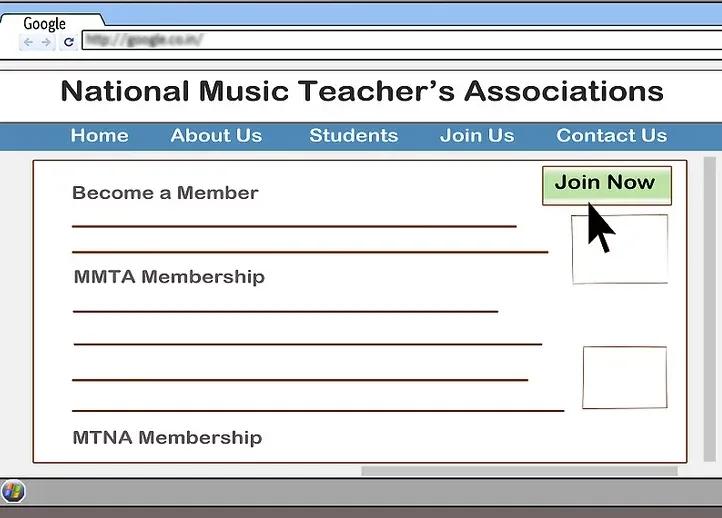
- Pursue Continuous Learning: Engage in professional development by taking advanced lessons, attending concerts, or exploring new teaching methods. Joining music teacher associations can also offer networking opportunities and insights into innovative teaching strategies.
Structuring Your Piano Lessons 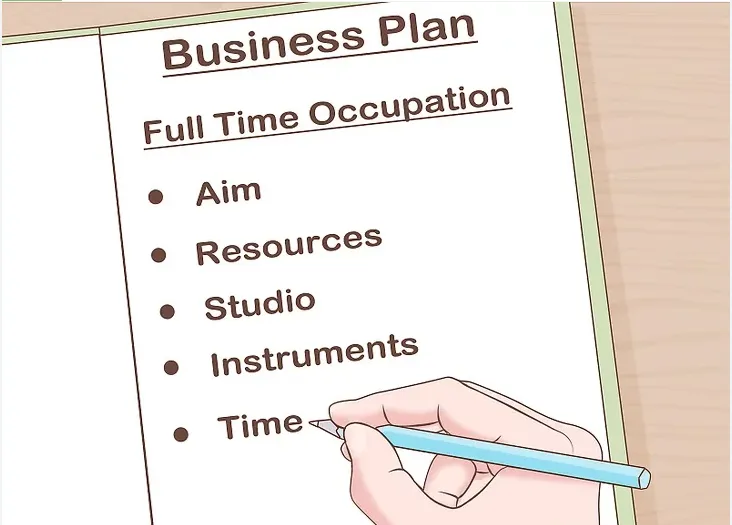
- Develop a Business Plan: Whether teaching is a full-time career or a side passion, outlining a detailed business plan is crucial. Define your teaching goals, schedule, and the scale of your studio.
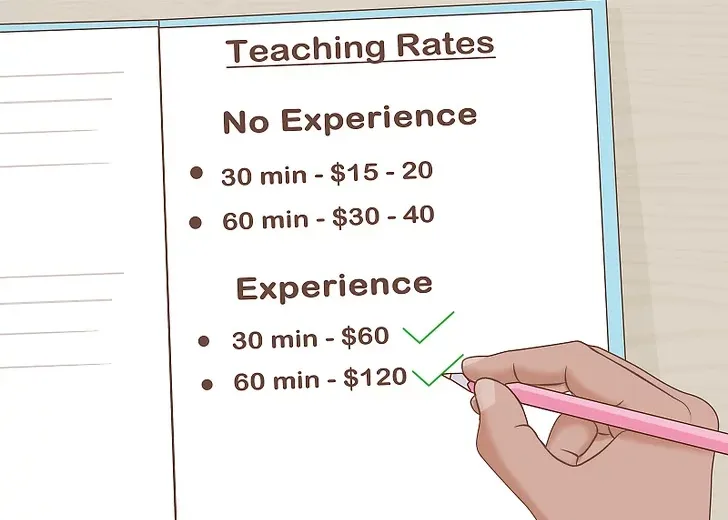
- Establish Your Rates: Determine your lesson fees based on your experience, qualifications, and the local market. Consider adopting a monthly payment model to encourage consistent attendance.
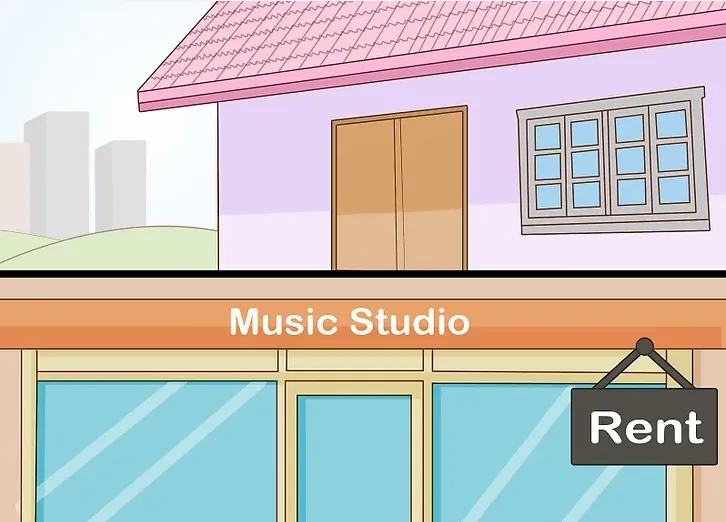
- Select a Teaching Venue: Decide whether you’ll teach from your home, travel to students’ homes, or rent a space. Ensure the environment is conducive to learning and minimizes distractions.
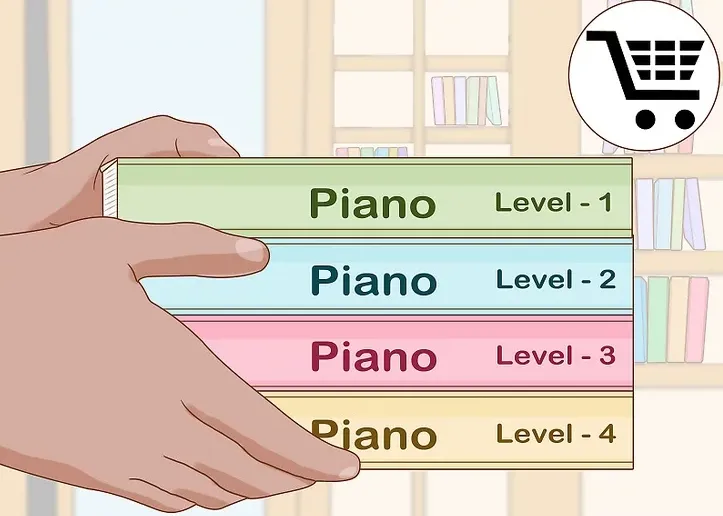
- Invest in Teaching Materials: Acquire a collection of beginner-friendly books and resources. Encourage students to purchase their own copies for personal study and annotation.
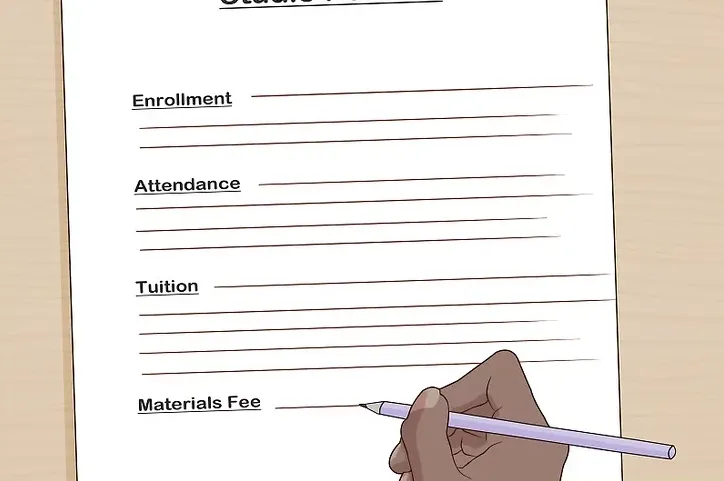
- Outline Studio Policies: Clearly communicate your studio’s policies regarding payments, cancellations, and practice expectations to students and their parents.
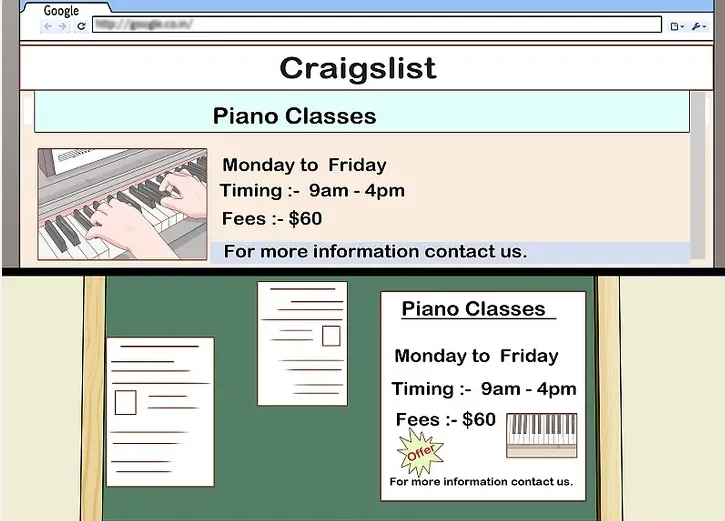
Promoting Your Piano Studio 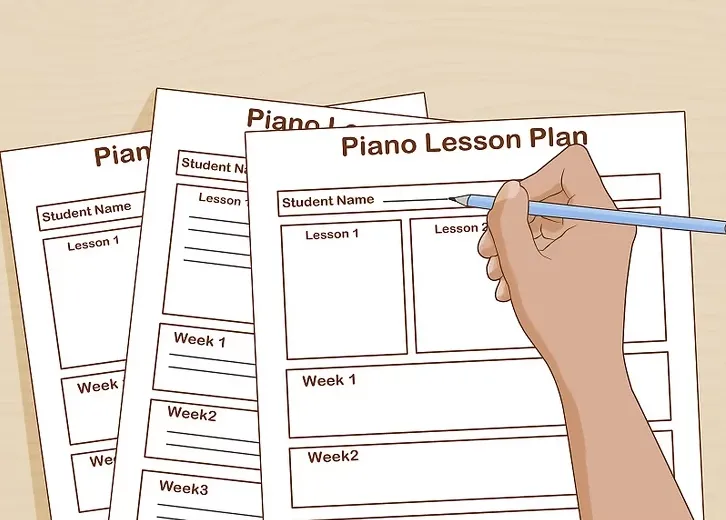
- Marketing Your Services: Utilize online platforms, local newspapers, and community bulletin boards to advertise your lessons. Tailor your promotions to highlight the age groups and genres you specialize in.
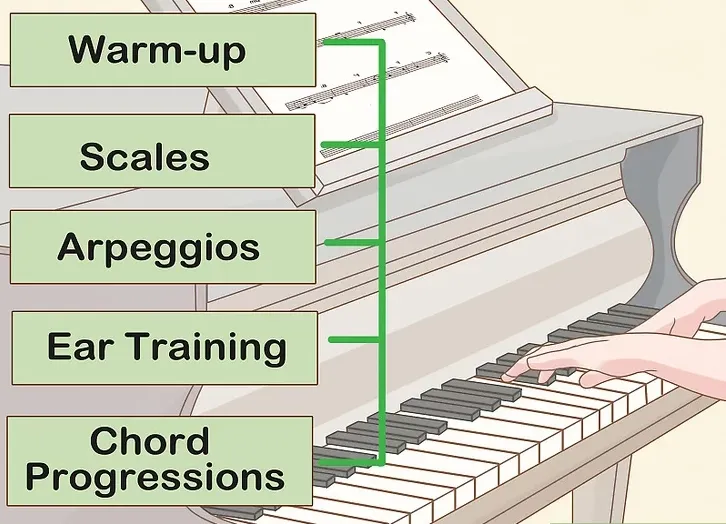
- Networking with Local Schools: Establish connections with local music educators to offer your expertise and support their programs. This can lead to referrals and collaborative opportunities.
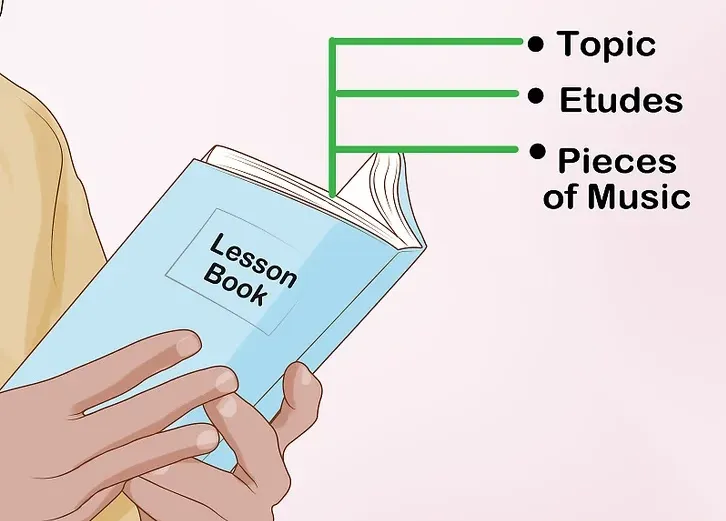
Engaging with Students
- Tailor Lessons to Individual Needs: Customize each lesson to match the student’s skill level and musical interests. A personalized approach fosters a deeper connection to the material and enhances motivation.
- Incorporate Warm-Ups and Theory: Begin lessons with exercises that prepare the hands and mind for practice. Integrate music theory into practical lessons to build a comprehensive understanding.
- Introduce New Concepts Gradually: Present new pieces and techniques in manageable segments. Encourage mastery of current skills before progressing to more challenging material.
- Foster a Positive Learning Environment: Celebrate progress and provide constructive feedback. Patience and encouragement are key to nurturing a student’s love for piano.
By embracing these practices, you can create a thriving piano studio that not only educates but also inspires a lifelong appreciation for music. Remember, the journey of musical education is a shared experience between teacher and student, filled with discovery, growth, and joy.
